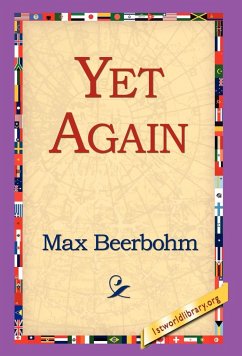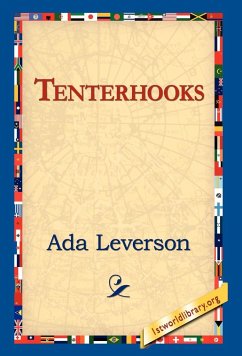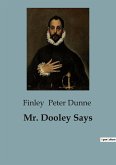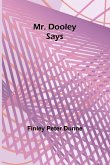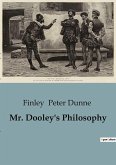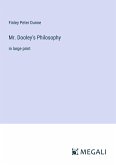If I were `seeing over' a house, and found in every room an iron cage let into the wall, and were told by the caretaker that these cages were for me to keep lions in, I think I should open my eyes rather wide. Yet nothing seems to me more natural than a fire in the grate. oubtless, when I began to walk, one of my first excursions was to the fender, that I might gaze more nearly at the live thing roaring and raging behind it; and I dare say I dimly wondered by what blessed dispensation this creature was allowed in a domain so peaceful as my nursery. I do not think I ever needed to be warned against scaling the fender. I knew by instinct that the creature within it was dangerous - fiercer still than the cat which had once strayed into the room and scratched me for my advances. As I grew older, I ceased to wonder at the creature's presence and learned to call it `the fire,' quite lightly. There are so many queer things in the world that we have no time to go on wondering at the queerness of the things we see habitually. It is not that these things are in themselves less queer than they at first seemed to us. It is that our vision of them has been dimmed.
Hinweis: Dieser Artikel kann nur an eine deutsche Lieferadresse ausgeliefert werden.
Hinweis: Dieser Artikel kann nur an eine deutsche Lieferadresse ausgeliefert werden.

